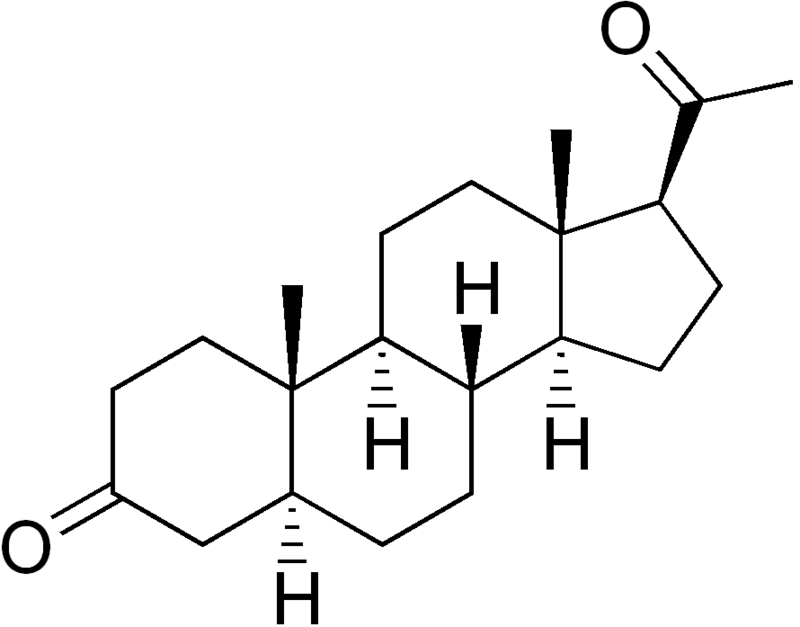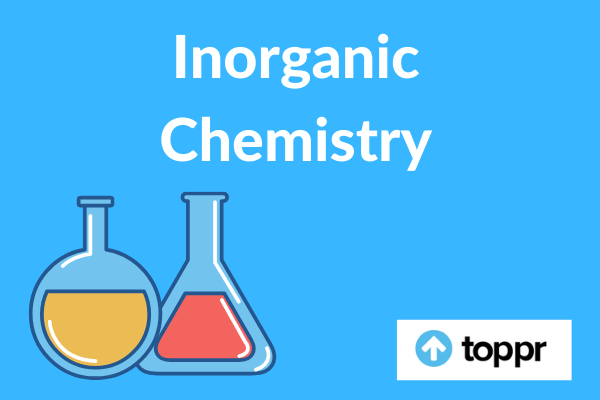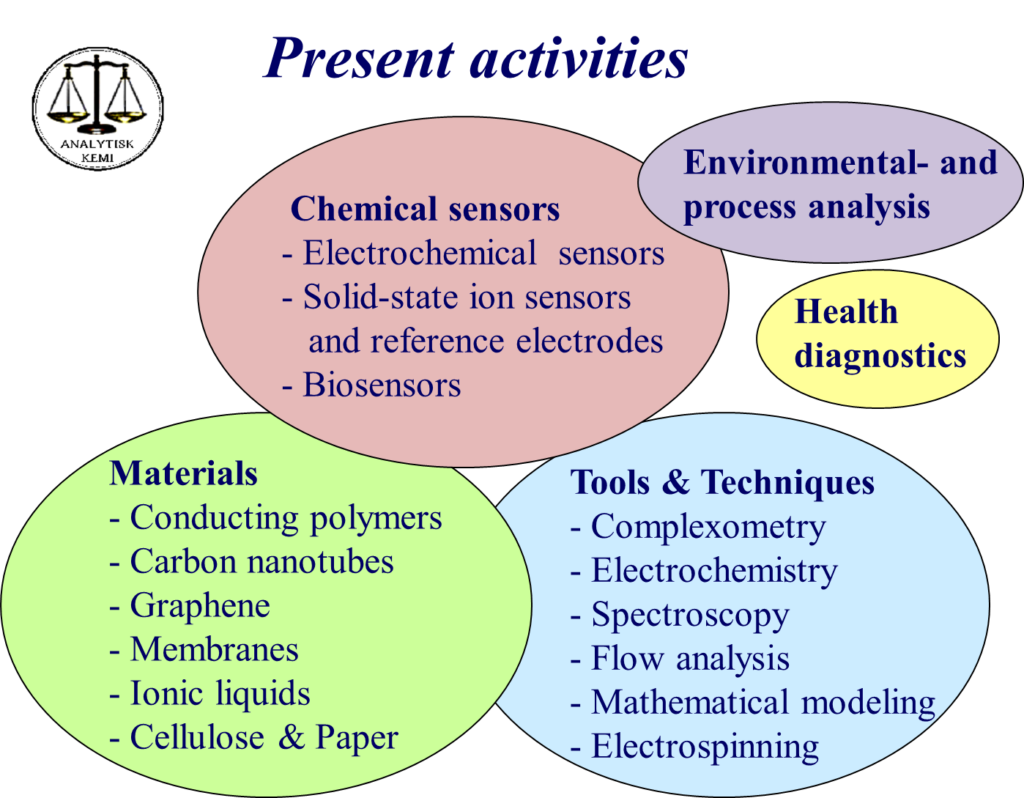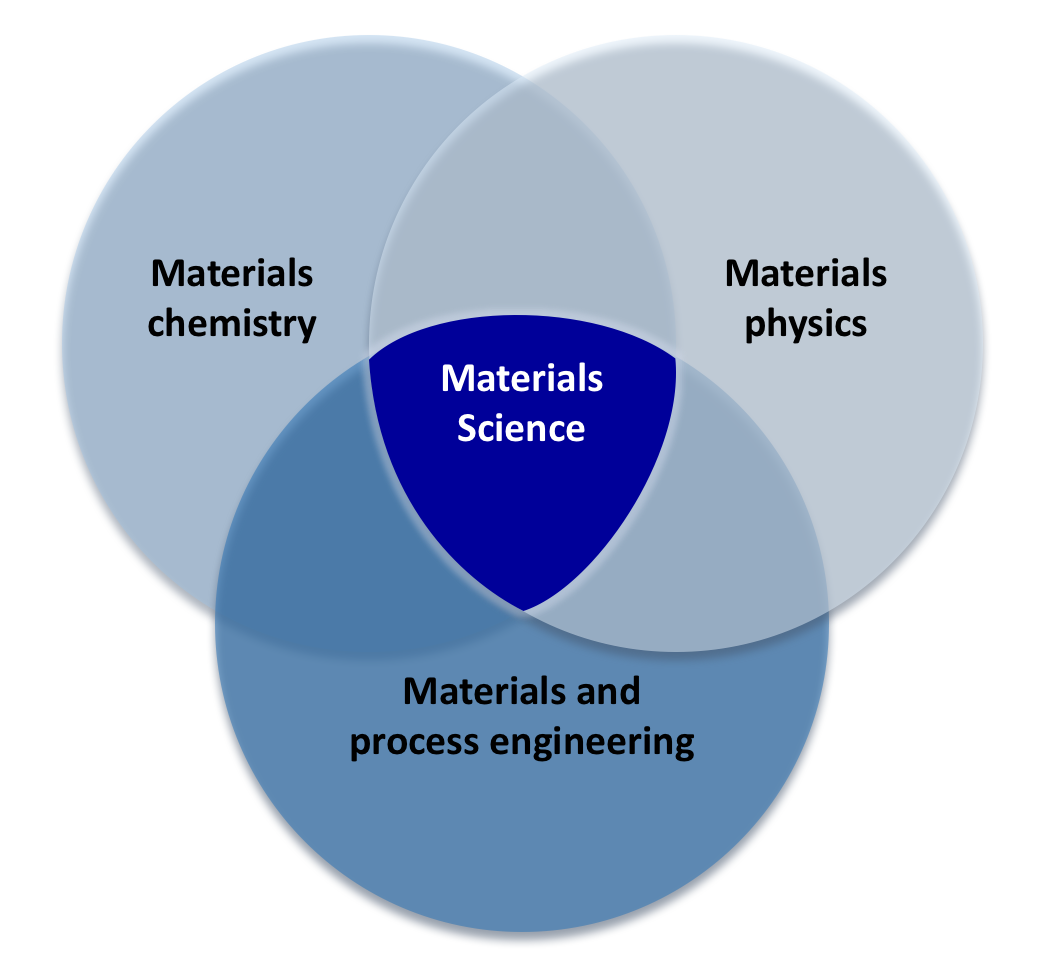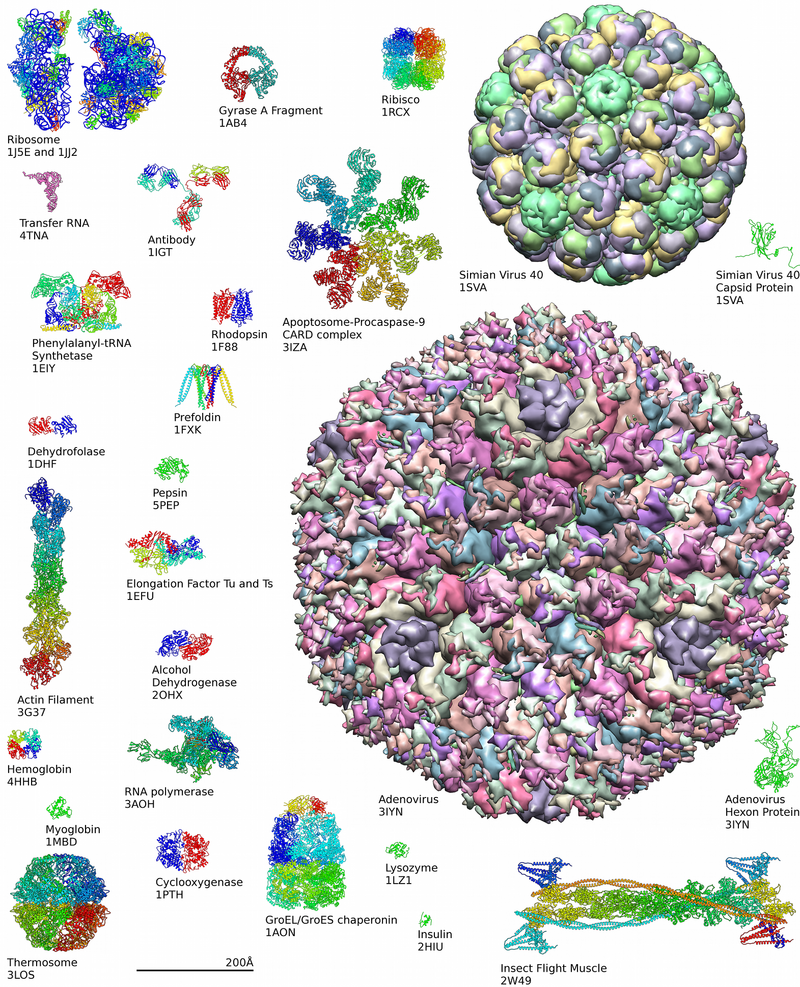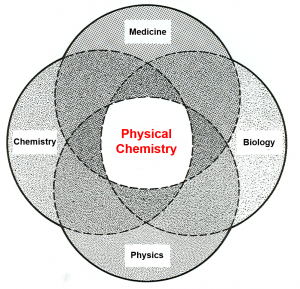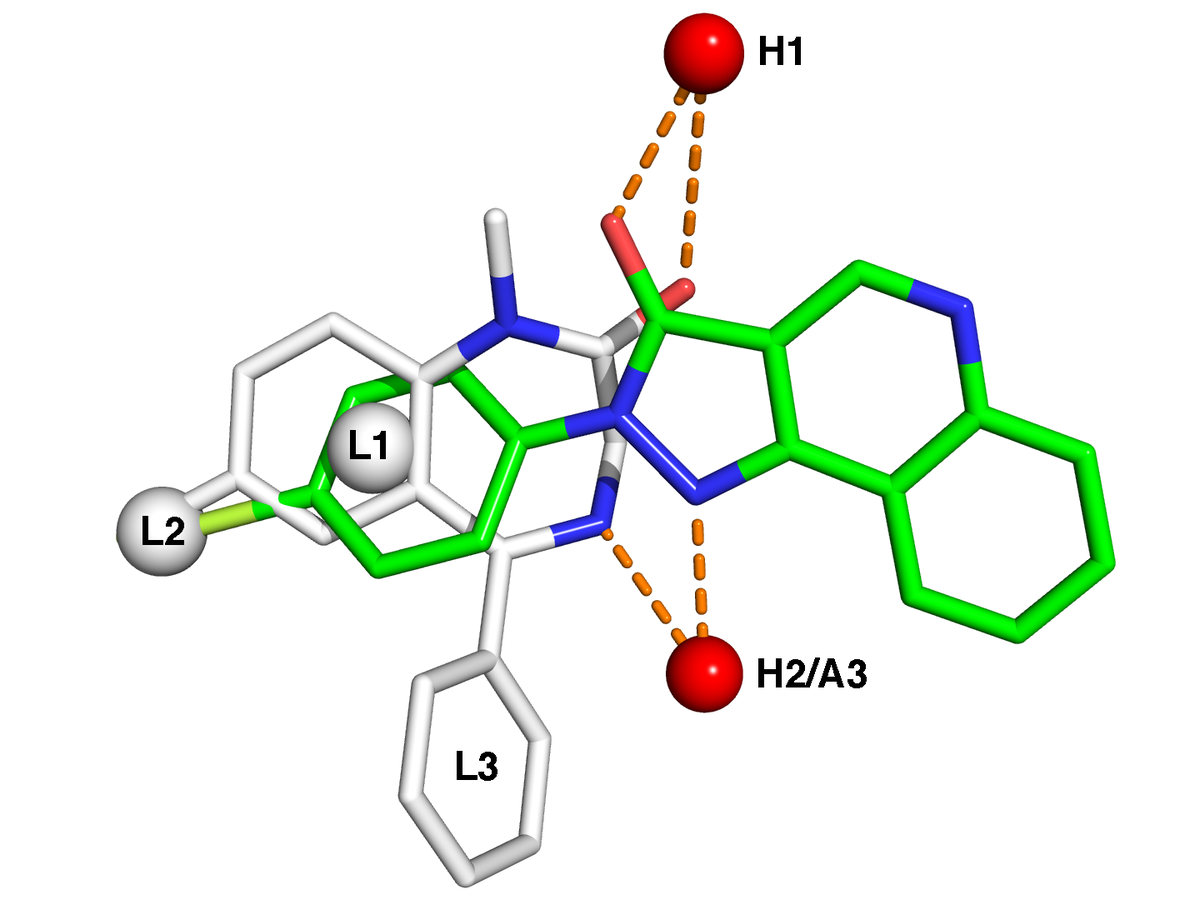Course Details:
Chemistry is an undergraduate program that explores the fascinating world of matter, its properties, and the transformations it undergoes. It is a field of science that delves into the composition, structure, and behavior of atoms and molecules, providing a deep understanding of the fundamental principles that govern the physical and chemical properties of substances.
In this program, students embark on a journey of discovery, studying a wide range of topics such as organic chemistry, inorganic chemistry, physical chemistry, analytical chemistry, and biochemistry. They develop strong laboratory skills, conducting experiments to observe and analyze chemical reactions and phenomena. Students also gain a solid foundation in mathematical and computational methods used to understand and predict chemical behavior.
With a degree in chemistry, graduates have a wealth of career opportunities available to them. They can pursue careers in industries such as pharmaceuticals, materials science, environmental science, and chemical manufacturing. As chemists, they can be involved in research and development, working on the synthesis of new compounds, drug discovery, or developing environmentally friendly materials. Graduates can also choose to pursue advanced degrees in chemistry or related fields, leading to opportunities in academia, scientific research, or specialized fields such as forensic chemistry or chemical engineering. The study of chemistry provides a strong analytical and problem-solving skill set, making chemistry graduates sought after in various sectors where scientific expertise and critical thinking are valued.
Course Structure:
A Bachelor of Science (B.Sc.) in Chemistry can be earned after three or
four years of study at Anchor University.
The majority of staff members who are tutors in their field provide tutorials,
classes, and lectures. Many of them are top-tier experts with extensive training in
both teaching and research. Educated PhD students and early-career researchers with
practical research experience may also conduct some teaching.
-
First Year Courses
- Core Courses (70%):
- General Chemistry I & II
- Pratical GEneral I & II
- General Biology I & II
- Pratical Biology I & II
- Elementary Mathematics I & II
- General Physics I & II
- Pratical Physics I & II
- Introduction to Computer Science
- Introduction to Computer Programming
The courses listed on this page are illustrative and may change.
Assessment
- Continuous Assessment.
- Projects
- Examination.
- Praticals
-
Second Year Courses
- Core Courses (70%):
- Organic Chemistry I
- Pratical Organic Chemistry
- Analytical Chemistry I
- Electromagnetism and Atomic Physics
- Mathematics Methods I
- Inorganic Chemistry I
- Practical Physical Chemistry
- Physical Chemistry I
The courses listed on this page are illustrative and may change.
Assessment
- Continuous Assessment.
- Projects.
- Examination.
- Praticals
-
Third Year Courses
- Core Courses(70%):
- Physical Chemistry II
- Inorganic Chemistry II
- Organic Chemistry II
- Atomic and Molecular Structure and Symmetry
- Petroleum Chemistry
- Instrumental Methods of Analysis
- Natural Products Chemistry I
- Environmental Chemistry
- SIWES
The courses listed on this page are illustrative and may change.
Assessment
- Continuous Assessment.
- Projects.
- Examination.
- Praticals
-
Fourth Year Courses
- Core Courses(50%):
- Applied Spectroscopy
- Quantum Chemistry
- Electrochemistry
- Analytical Chemistry II
- Seminar
- Scientific Writing
- Polymer Chemistry & Technology
- Industrial Labouratory Methods
- Synthetic Organic Chemical Manufacture
- Research Project
- Material Science and Nanotecnology
The courses listed on this page are illustrative and may change.
Assessment
- Continuous Assessment.
- Projects.
- Examination.
- Praticals






